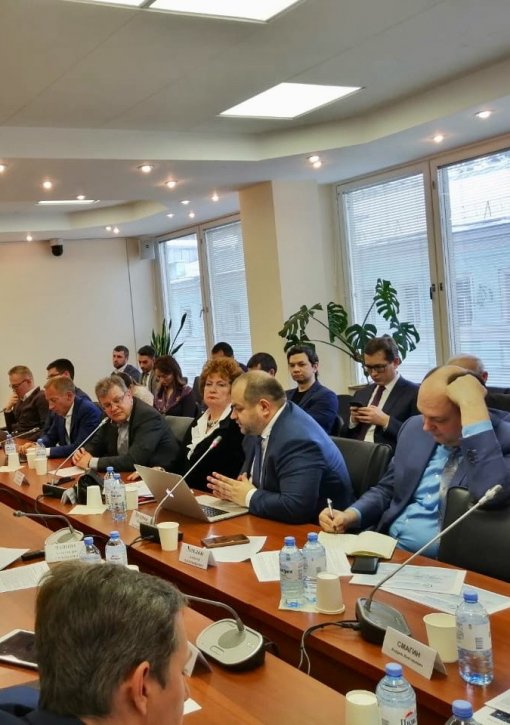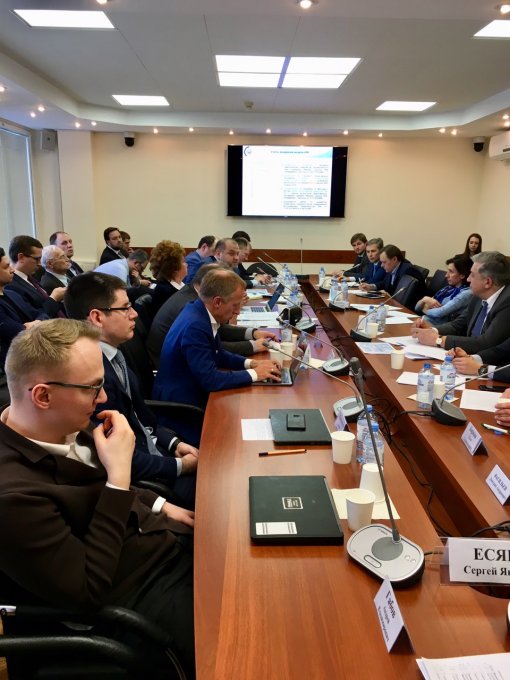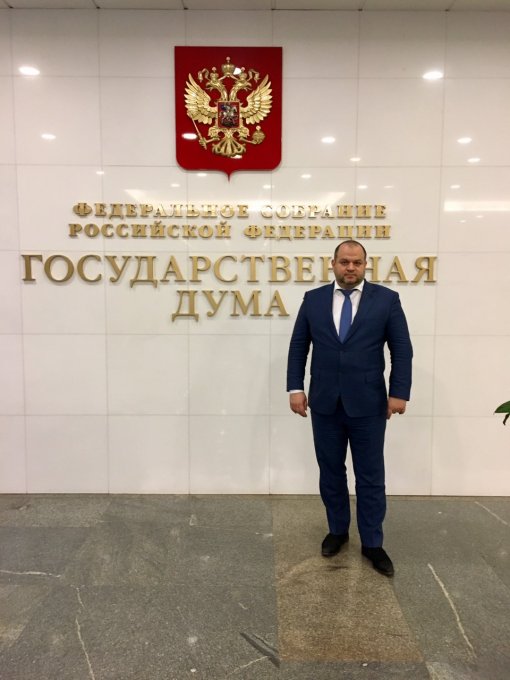February 18, 2019, 2:20 pm
Maxim Zagornov: «There are a lot of controversial points in the concept of active energy complexes»
Maxim Zagornov, President of the Russian Association of Small-Scale Power Engineering, Director of MKS Group, took part in a meeting of the Expert Council of the Energy Committee of the State Duma of the Russian Federation. The topic of the discussion was the discussion of two pilot projects united by the so-called "AEC/ESSO Concept" - active energy complexes responsible for the formation of cells isolated from the energy system, and demand aggregators combining individual small consumers into large blocks. Both projects are planned to be launched in test mode in 2019. Meanwhile, as Maxim Zagornov noted, it is possible to expect real results only after detailed elaboration of the economic model for the functioning of these complexes, thus ensuring financial security of all participants of the experiment.
The reason for the development of the AEC/ESSO Concept was the active growth of the share of distributed generation in Russia. As Fedor Opadchiy, Deputy Chairman of the Management Board of JSC SO UES, one of the authors of the project, noted at the meeting, today the increase in the share of small-scale generation is estimated at 1,000 MW annually.
"These are quite serious indicators, which will only increase every year," Fyodor Opadchiy noted. - The shift of large industrial enterprises to their own generation is quite understandable. This is due to the constant growth of electricity costs, legislative incentives for the industry, and, in general, the development of distributed generation technologies. Meanwhile, mass disconnection from the grid increases the load on other consumers and leads to revenue shortfalls for generating companies and power grids. The proposed concept is an attempt to integrate distributed power generation into the modern market structure and make this process more manageable".
The pilot project of AECs was developed by Energinet's working group together with the Ministry of Energy, System Operator and Rosseti. Representatives of the Ministry of Energy specified that a government decree on AECs is planned to be adopted by the end of the year.
Speaking about the technical aspects of this concept, Fedor Opadchiy emphasized that the total installed generation capacity within the boundaries of AECs should be less than 25 MW, the total electric load of all AECs should not exceed 500 MW, and no more than two such complexes can be located on the territory of one constituent entity of the Russian Federation. "External" electricity and transmission services will be paid at approved rates, while electricity generated by distributed generation within the cell will not be regulated. It is assumed that the AEC operator and participants will independently agree on pricing rules.
Meanwhile, as many participants in the discussion noted, this concept has many controversial points. The president of the Russian Association of Small-scale Energy, director of the MKS Group of Companies, said that it is possible to count on a real result only after detailed elaboration of the economic model of AEC functioning, thus ensuring financial security for all participants of the experiment.
"It is important to understand what goal is pursued by this initiative? If it is to reduce the cost of electricity for consumers, then it must be clearly spelled out in the concept - with a full economic breakdown. If we do not have a detailed economic model, prescribed rules of financial obligations and mutual responsibility of all electric power industry entities, I'm afraid it may lead to financial ruin of the experiment participants".
In addition, Maxim Zagornov emphasized that such complexes (AEC) are successfully functioning today without any additional legislative regulation. And the AEC/ESSO Concept itself looks somewhat artificial.
Meanwhile, as noted by Sergey Yesyakov, First Deputy Chairman of the State Duma Energy Committee, today's strategically important task is to correctly integrate own generation into the unified energy system of the Russian Federation, so that small power generation does not reduce the efficiency of large power generation, but, on the contrary, increases it, so that small and large power generation do not oppose each other, but complement each other. The discussion resulted in proposals for further adjustments to the AEC/ESSO Concept.
 ru
ru en
en






